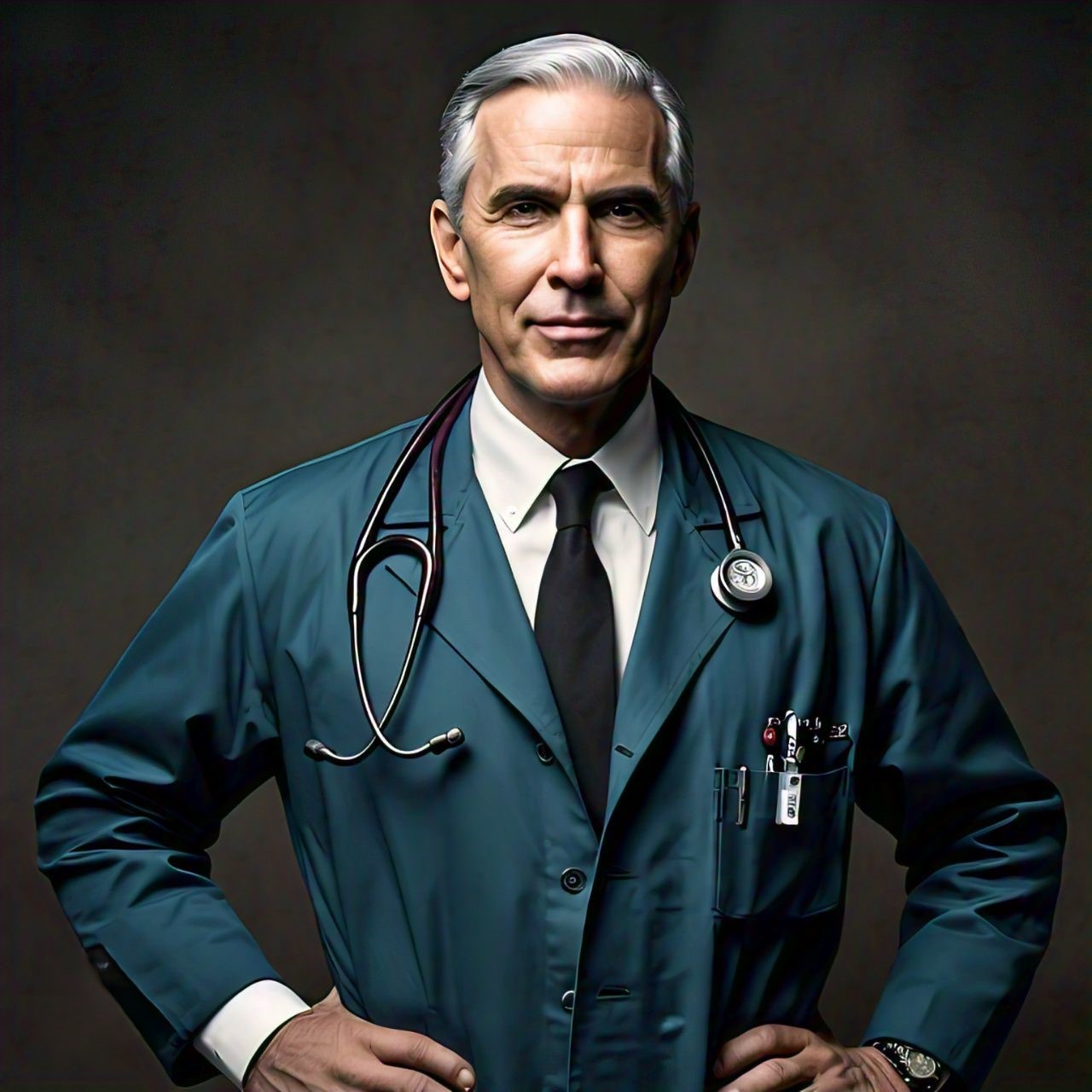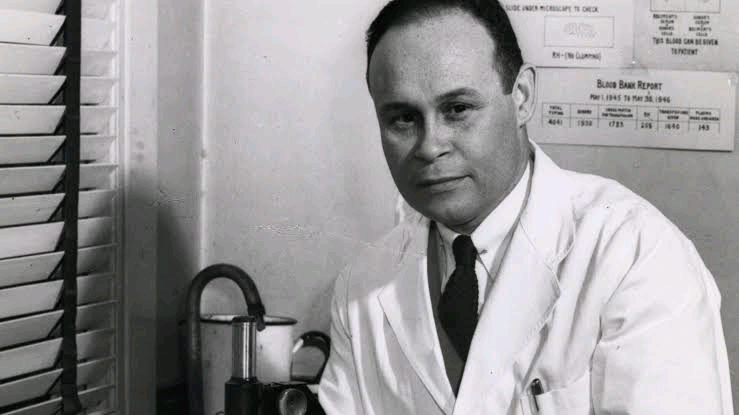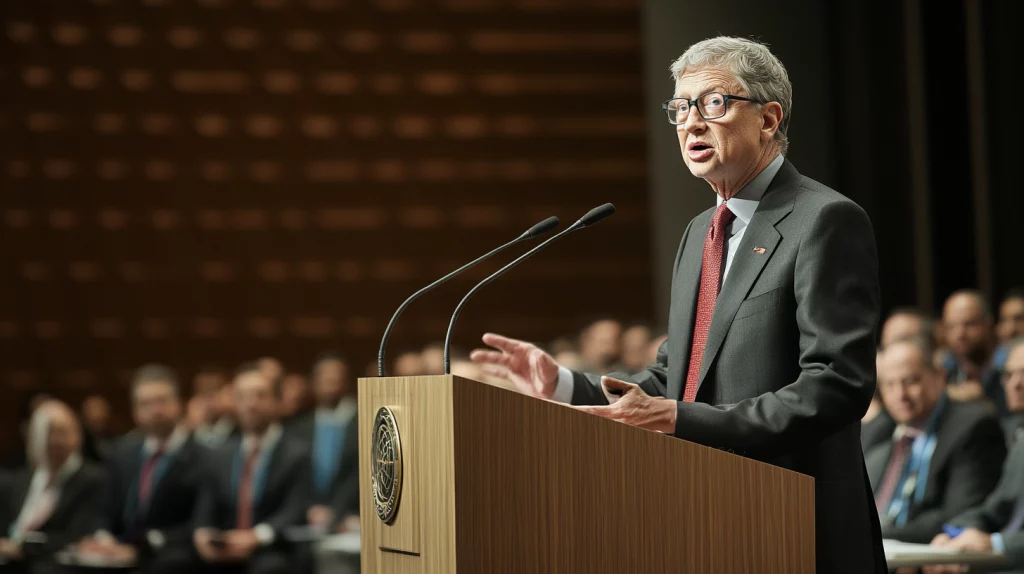LATEST_BLOGS
Exploring the Impact: Who is the Most Powerful Doctor in the World?

In a world where medicine intersects with power, the question arises: who is the most powerful doctor in the world? This title carries significant weight and encompasses much more than just clinical expertise. It stretches beyond medical degrees and accolades into influence, innovation, and leadership. Imagine a physician whose decisions shape healthcare policies or whose groundbreaking research transforms treatment protocols globally. As we delve deeper into this intriguing topic, we’ll explore what defines power in the medical field and uncover some top contenders vying for this prestigious title. Prepare to journey through an exploration of impact that could reshape how we view healthcare today!
Introducing the who is the Most Powerful Doctor in the World
Power in medicine isn’t easily defined. It encompasses a blend of influence, innovation, and the ability to enact change. When we ask who the most powerful doctor in the world is, we’re not just talking about someone with a prestigious title or an impressive resume.
This discussion invites us to think about leaders who have reshaped healthcare systems or pushed boundaries through groundbreaking research. We’re looking at figures whose voices carry weight across hospitals, governments, and global health organizations.
From renowned surgeons to visionary public health experts, each contender has distinct qualities that contribute to their power. Their impact stretches beyond patient care; it reaches policy-making and community wellness initiatives. Discovering this figure means understanding how one person can change lives on a massive scale while inspiring others within the medical profession.
The Criteria for Power in the Medical Field
Various criteria define power in the medical field. Knowledge and expertise are fundamental. A doctor’s qualifications and experience shape their influence.
Leadership skills also play a critical role. The ability to inspire others can drive change within healthcare systems. Doctors who lead research initiatives or large medical teams often wield significant power.
Moreover, communication is essential. Those who can effectively convey complex information foster trust with patients and colleagues.
Networking capabilities also contribute; relationships with influential figures in politics or business extend a doctor’s reach beyond the clinic.
Access to resources matters greatly. Financial backing allows for groundbreaking research projects that can transform patient care globally. Each element intertwines, creating a multifaceted view of what it means to hold power in medicine today.
Top Contenders for the Title
When discussing who the most powerful doctor in the world is, several names often come to mind. One standout figure is Dr. Anthony Fauci, renowned for his leadership during public health crises. His influence extends beyond medicine, shaping policies and guiding global responses.
Another contender is Dr. Tedros Adhanom Ghebreyesus, the Director-General of WHO. He plays a crucial role in global health initiatives and vaccine distribution efforts.
Dr. Paul Farmer also deserves mention for co-founding Partners In Health, transforming healthcare access in impoverished regions worldwide.
Dr. Atul Gawande’s work spans clinical practice and health policy reform through writing and innovation.
Each of these doctors has unique contributions that elevate their status within the medical community while impacting lives far beyond their immediate reach.
The Impact of a Powerful Doctor on Healthcare Systems
A powerful doctor can significantly influence healthcare systems. Their expertise often shapes policies and protocols that millions rely on daily. When these individuals advocate for change, their voices resonate beyond the exam room.
With a combination of knowledge and authority, they have the potential to drive research initiatives forward. It could lead to groundbreaking treatments or improved patient care standards.
Such doctors also attract attention from the media and policymakers alike. They spotlight critical health issues, mobilizing resources where they’re most needed.
Their ability to connect with other professionals makes collaboration more fruitful. It encourages sharing best practices across institutions, ultimately benefiting patients everywhere.
In situations of crisis—like pandemics—their leadership becomes crucial. They guide medical responses and public perception through clear communication and trusted advice.
The Influence of Wealth and Politics on Power in Medicine
Wealth and politics intertwine intricately within the medical field, often shaping who holds power. Affluence can facilitate access to cutting-edge resources and research opportunities. Wealthy individuals or organizations frequently fund significant health initiatives, influencing treatment advancements.
Political connections also play a crucial role. Doctors with ties to government officials can sway healthcare policies that affect millions. They might be instrumental in promoting legislation that aligns with their practice’s goals or public health needs.
However, this influence raises ethical questions. When financial interests precede patient care, trust in the healthcare system erodes.
The balance between wealth-driven power and compassionate medicine is delicate yet vital for fostering a healthy society. It invites scrutiny of how decisions are made and who gets prioritized in treatments and innovations.
Understanding this dynamic helps illuminate the complexities of modern healthcare systems across various regions.
Challenges Faced by Powerful Doctors
Powerful doctors often navigate a complex web of challenges that can be both personal and professional. The immense pressure to perform at the highest level weighs heavily on their shoulders. With great influence comes the expectation of perfection.
Balancing clinical responsibilities with administrative duties can lead to burnout. Many powerful figures are stretched thin, juggling patient care and healthcare system demands.
Moreover, ethical dilemmas frequently arise in decision-making processes. Powerful doctors must confront situations where financial incentives clash with patient welfare.
Public scrutiny also adds another layer of difficulty. High-profile cases draw media attention, making transparency essential yet challenging.
Additionally, relationships within the medical community may become strained due to competition or jealousy over status and resources. This dynamic complicates collaboration efforts crucial for improving patient outcomes.
These multifaceted obstacles reveal that even the most influential physicians face significant trials in pursuing medical excellence.
Conclusion: Importance of Collaboration and Compassion in the Medical Field
The medical field is a complex tapestry woven with threads of collaboration, compassion, and expertise. Powerful doctors influence healthcare systems significantly, shaping policies and practices that affect millions. However, true power doesn’t solely come from titles or wealth but from an unwavering commitment to patient care.
As we navigate the question of who the most powerful doctor in the world is, we must remember that no single individual can shoulder this immense responsibility alone. The most impactful change occurs when healthcare professionals unite their expertise and resources for a common goal.
Compassionate collaboration among doctors fosters innovation and better outcomes for patients. As they share knowledge across specialties and geographies, they elevate standards of care worldwide. This synergy not only enhances treatment but also builds trust within communities.
While some may stand out as influential medical figures, dedicated professionals’ collective effort drives progress forward. Acknowledging this interconnectedness ensures that we prioritize human connection alongside advancements in science—creating a more effective and compassionate healthcare system for all.
Explore TodayFirstMagazine and be the first to know current news updates to avoid lagging.









